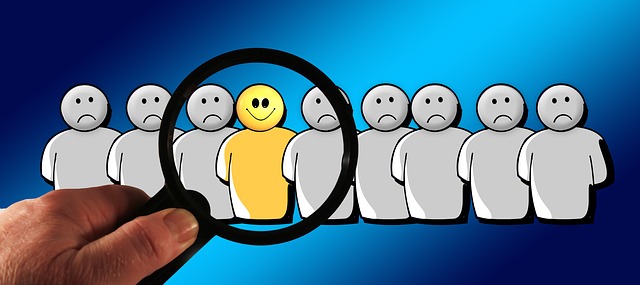Do you work in a culture of kindness?
Many of the leaders and managers I speak with would agree: this year has been like no other, and most are eager to put it behind them. Yet, we’re not out of the woods. A culture of kindness will make it easier.
Consider this: researchers have found that kindness is associated with better and stronger physical and mental health; relationships, teams, and communities; life satisfaction, and even economics. According to Dacher Keltner, PhD, “The science of human emotion, kindness and goodness are not to be taken lightly, they are actually good for our bodies and minds.”
Unfortunately, all too often I see and hear how uncertainty, increased stress, and frustration have challenged and tested many organizational cultures: the way we collectively perceive, think, and feel at work. Add to that tribalism, polarity, and over exposure to vitriol, and incivility is easily sparked. Organizational culture is damaged, and left unchecked over prolonged periods, altered.
Why a Culture of Kindness is Important Today
Over the past two decades, thousands of employees have been polled about their treatment at work. According to research referenced in the recent Harvard Business Review article, 98% report experiencing uncivil behavior, often prompted by thoughtlessness, rather than malice. Common forms include:
- Interrupting others
- Discussing other employees
- Acting in a condescending manner; belittling someone and/or their contributions
- Arriving late; responding late (or not at all)
- Ignoring others
- Negative eye contact—giving the side eye, dirty looks, rolling eyes, or staring
- Yelling, shouting, and/or verbally assaulting others (insults, harassment)
While subtle forms (and microaggressions) are often easier to overlook, they erode engagement, morale, and ultimately, organizational culture. Consider this: while most employees will try to ignore, bury, or hide their feelings when experiencing incivility, some often “punish their offenders and the organization.” Managers, and leaders, must intervene, not in kind, but in kindness.
The benefits are multiple: being kind can boost oxytocin, dopamine, and serotonin, a neurotransmitter that helps regulate mood. In turn, our outlook, creativity, efficiency, and productivity improve. And that’s just a start.
I’ll dive in to this in following posts. In the meantime, what do you think? What has been your experience with incivility at work? Do you work in a culture of kindness? I’d love to hear from you. You can reach me here, on LinkedIn, or give me a call: 561-582-6060.

Did You Enjoy This Article?
Join thousands of other smart business owners like yourself & get our Proffittable Times newsletter.
It's filled with actionable content you can apply immediately.
Sign up now to get started!
– Coach Nancy










